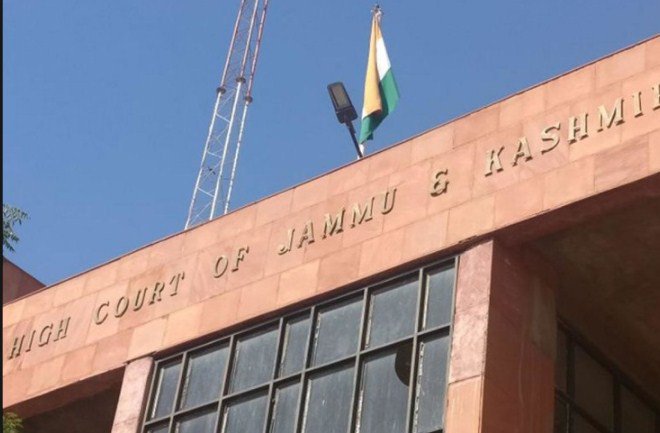LI Network
Published on: 26 September 2023 at 12:35 IST
The Jammu and Kashmir and Ladakh High Court has reaffirmed the expansive reach of Article 226 of the Constitution, emphasizing that it is not limited to reviewing administrative and executive decisions but extends to overseeing the application of the doctrine of promissory estoppel.
Justice Wasim Sadiq Nargal underscored that Article 226 empowers the High Court to ensure that the government honors its commitments.
“The jurisdiction of the High Court while exercising the powers under Article 226 of the Constitution of India is not restricted only to the review of the administrative actions and executive decisions of the State but also extends to the applicability of the ‘doctrine of promissory estoppels’ of which the whole object is to see that the Government sticks to its promise and abides by it.”
This assertion came in response to a petition filed by a consortium of hotel and guesthouse owners who had encountered financial hardships due to the government’s failure to fulfill promises made under a special tourism revival scheme.
The petitioners argued that their establishments were properly registered and that the hotel industry, particularly in the Kashmir Valley, had suffered greatly since 1990.
In an effort to rejuvenate tourism in the region, the Union Government had approved a special package in 2003. This package included soft loans for the renovation and refurbishment of hotels.
However, despite the allocation of funds by the Centre for the interest subsidy, the money was diverted to other purposes, leaving the hotel owners in dire financial straits.
Consequently, the petitioners sought the release of the promised interest subsidies and implored the court to halt any recovery actions by lending banks.
They contended that this violated the principles of promissory estoppel, which dictate that when one party makes a clear promise intended to create legal obligations, and the other party relies on that promise to their detriment, the promising party cannot backtrack on the commitment.
In response, the government conceded that they had not disbursed the full interest subsidy as outlined in the scheme due to a shortage of funds. Nevertheless, they did not contest the petitioners’ entitlement to the subsidy.
Justice Nargal stressed that the doctrine of promissory estoppel applies to government actions, whether in its sovereign or business capacities.
The court emphasized that when the government makes a definite promise with the intent that it be acted upon, and the promisee acts accordingly, altering their position, the government is bound by that commitment.
Referring to the precedent set in Union of India and Ors. v. Godfrey Philips India Ltd (1985), the bench asserted that the government cannot evade its obligations by invoking the doctrine of executive necessity or freedom of future executive action.
The bench also invoked Motilal Padampat Sugar Mills Co. (P) Ltd. Vs. State of U.P and Ors and reiterated that no distinction can be drawn between the exercise of a sovereign function and a trading or business activity of the Government.
“Whatever be the nature of the function which the Government is discharging, the Government is subject to the rule of promissory estoppel, and if the essential ingredients of this rule are satisfied, the Government can be compelled to carry out the promise made by it.”
Consequently, the court concluded that the government’s failure to disburse the interest subsidy in full, despite the hotel owners meeting all eligibility criteria, constituted a breach of the principles of promissory estoppel.
In light of this, the court granted the petition and directed the government to release the entire interest subsidy amount to the hotel owners through their respective banks within a period of two months.
Case Title: Hotel Ashai Srinagar & Ors. Vs State of J&K

